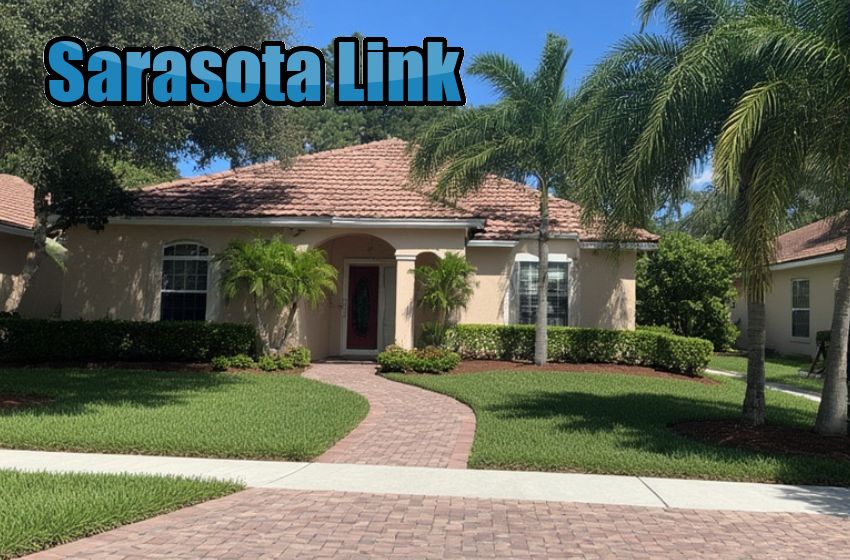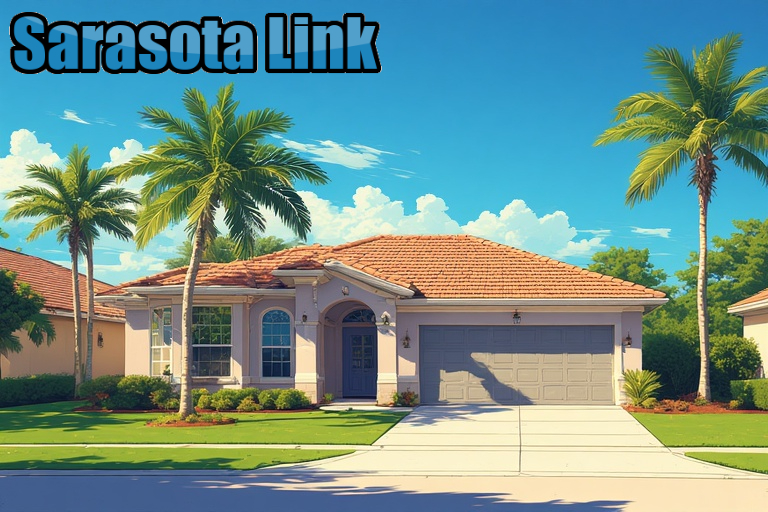Florida State Representative Proposes Abolishing HOAs: A Step Forward or a Step Back?

In an era where homeownership is synonymous with freedom and personal expression, the role of homeowners’ associations (HOAs) has come under intense scrutiny. State Representative Juan Carlos Porras (R-Miami) has recently sparked a conversation that may redefine the landscape of residential governance in Florida. He is considering proposing legislation aimed at abolishing HOAs statewide during the upcoming legislative session. This bold move begs the question: Do HOAs serve a vital purpose, or are they stifling homeowners’ rights?
The crux of the debate lies in the nature of HOAs themselves. Originally established to maintain property values and foster community standards, these organizations often enforce rules that can feel overly restrictive to many residents. From color schemes for house exteriors to rules prohibiting certain personal property in view, the regulations set forth by HOAs can sometimes feel more like chains than protective measures.
Representative Porras’s statement that “it might just be time we take a look if HOAs are really even necessary” is strikingly relevant, especially in an area like Sarasota, where the allure of waterfront properties and upscale communities can often be overshadowed by stringent HOA regulations. Residents have voiced frustrations regarding the limitations imposed on their decision-making and the potential for conflict with HOA boards.
Supporters of HOAs argue that they do play an essential role in the preservation of neighborhood aesthetics, which can enhance property values and attract potential buyers. Without this oversight, the fear of declining property conditions could deter investment in communities and lead to a drop in overall neighborhood pride. These groups maintain that the trade-offs involved in HOA governance often lead to better-maintained communities.
However, the perspective of homeowners who find themselves at odds with their association cannot be overlooked. Anecdotal evidence suggests that disputes between residents and HOAs can escalate into protracted legal battles, draining emotional and financial resources. In worst-case scenarios, overly aggressive enforcement of rules can lead to ostracization and a breakdown of community spirit.
As Sarasota Link readers consider the implications of Porras’s proposal, it’s essential to evaluate diverse viewpoints and experiences. Would deregulating HOAs lead to greater autonomy for homeowners, or would it result in neglected properties and unaddressed community issues?
Another critical aspect is the potential for municipalities to step in, should HOAs be abolished. Local governments might need to assume some of the responsibilities traditionally managed by HOAs, creating a new layer of bureaucracy that might not have the same personal connection to the community.
Public forums and community discussions on this matter can empower residents to share their experiences and formulate collective responses. Citizens of Sarasota, in particular, would benefit from engaging with local representatives and expressing their views on the future of HOAs and property governance.
Ultimately, the decision to move forward with such sweeping legislation raises pivotal questions about homeowner rights, community governance, and the preservation of property values. Whether this endeavor leads to liberation from HOA restrictions or descends into chaotic neighborhood management, it is a conversation worth having. All stakeholders stand to gain from a thorough examination of what community means in a state that continues to grow and evolve. Only time will tell if Representative Porras’s bold proposal gains traction, but it undoubtedly sparks essential dialogue within the Sarasota community and beyond.




